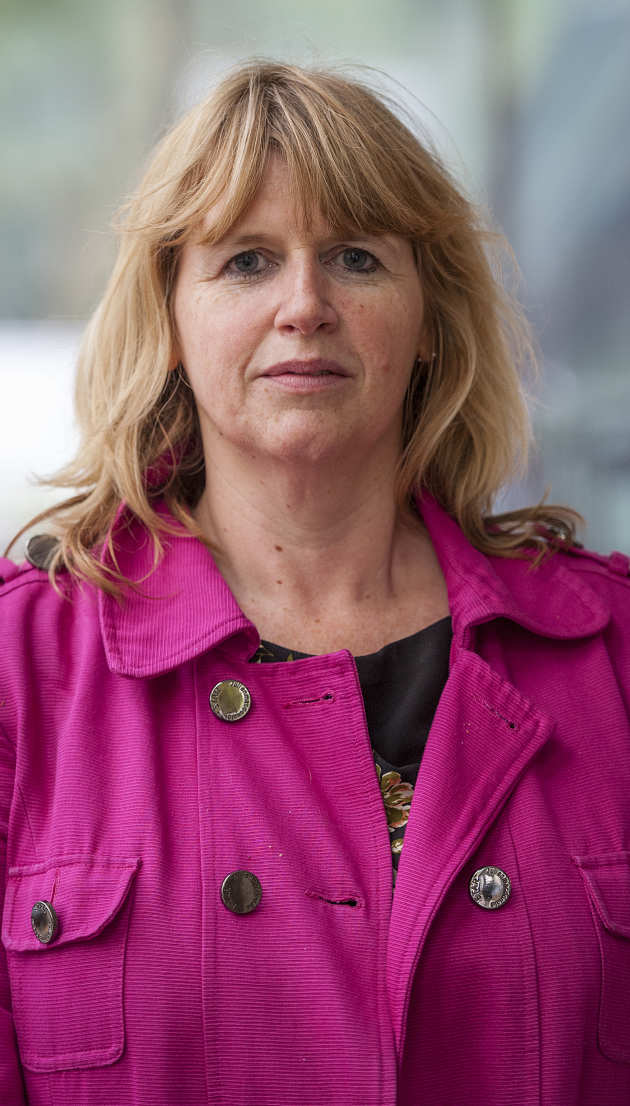 RESEARCH: Managing abnormal glucose in cystic fibrosis (MAGIC) - the development of a self-management education programme for people with cystic fibrosis-related diabetes
RESEARCH: Managing abnormal glucose in cystic fibrosis (MAGIC) - the development of a self-management education programme for people with cystic fibrosis-related diabetes
How did you get into research?
In 2005 I completed a MSc which gave me the opportunity to start to develop my research skills and to take ownership of a larger research project. I thoroughly enjoyed this experience and started to explore ways to get more involved in research. I made the decision that I wanted to do a PhD to further my research experience and I was fortunate to be awarded a HEE/NIHR Clinical Doctoral Fellowship to enable me to pursue this. I am also very lucky to work in a service where there is a strong research ethos and many leaders in cystic fibrosis research to help support my training.
What do you enjoy about research?
I really enjoy challenging myself. I like the journey of discovery that research takes you through.
What was the most difficult aspect of doing your PhD?
I completed my PhD in May 2019. I found adjusting from working within a speciality where you were considered an expert to becoming a research novice was difficult, but this got easier throughout my PhD. Continually being challenged about your ideas and having to justify yourself was also difficult. Having to go back to a purely clinical post at the end of my PhD was also difficult and disappointing.
What difference has your research training and experience made to your career?
I am more critical in my thinking and more challenging of myself now.
How has research changed your clinical practice?
Completing my PhD has given me more confidence and belief in myself as a researcher. It has provided me with the skills to become more critical and questioning of what I do in clinical practice. Working closely with a PPI group throughout my PhD has also enabled me to be more insightful of patient perspectives.
What has made a difference to progressing your research career?
Being awarded a HEE/NIHR Clinical Doctoral Research Fellowship. This has enabled me to pursue my research career. It has allowed me to combine clinical research and leadership with continued clinical practice and development. I would not have had opportunity to develop my research, leadership, academic and clinical skills without it.
Having an excellent team of supervisors from King’s College London and Royal Brompton and Harefield Hopsitals. I have had tremendous support from my supervisors from day one. They all have different research and professional backgrounds and areas of expertise. They have challenged my way of thinking in a very supportive environment.
Patient participation. It is really important to listen to service users and to work with them throughout research projects.
Where do you see your clinical academic career going over the next five years?
After completing my PhD I returned to clinical practice. I would like to see my future career integrating clinical practice and research ideally by working as an advanced level allied health professional in a post that recognises clinical expertise, research and leadership. However these type of jobs are very hard to find, especially in the clinical area I work in. Along with my research team I am currently applying for relevant grants to complete the next stage of research.
Dr Sarah Collins, Cystic Fibrosis Specialist Dietitian, Royal Brompton & Harefield Hospitals s.collins@rbht.nhs.uk
To download Sarah's case study please click here: Sarah Collins: Case study (PDF)
Useful links
Contact us
The CATO Team and Radiographers Incubator work on a Hybrid model, combining days in the office with days working from home – the best way to reach us is by email.
cato@imperial.ac.uk
radresearch@imperial.ac.uk
+44 (0)20 3313 7397

